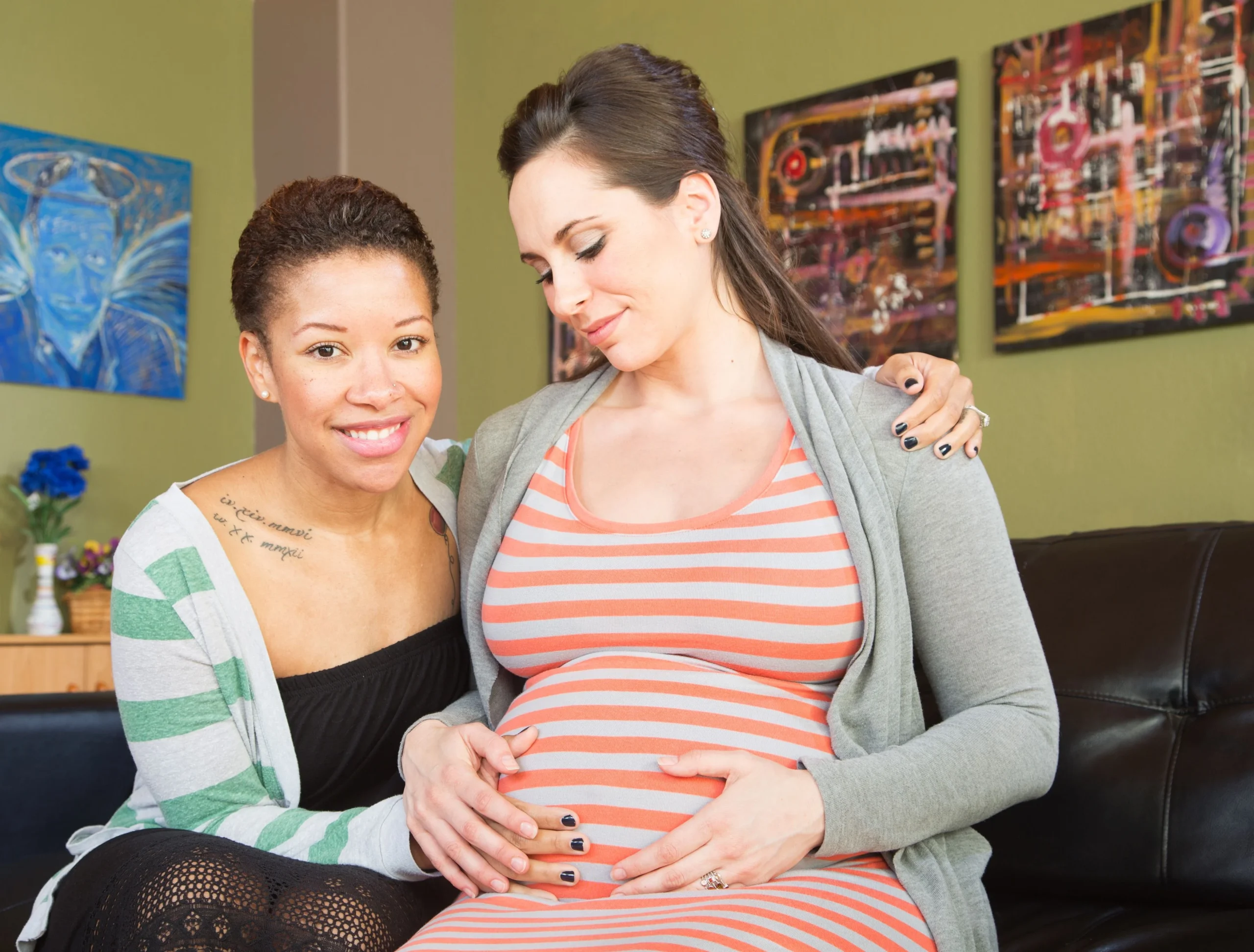I spent my formative years in a struggling neighborhood where I often witnessed unsettling scenes, like individuals in wheelchairs engaging in drug deals on the streets. During my runs, I was always on high alert for shards of broken glass. My community was predominantly Latin, and while we had friends around us, it was an unspoken truth that our area was deemed unsafe.
Financial constraints meant relocating to a better neighborhood was not an option. Although I accepted this reality, my mother was determined to provide us with a quality education. She worked tirelessly to navigate the school system, securing spots in better-funded schools despite the odds. When that avenue closed, she took on three jobs to fund our tuition at a private Christian school.
I admired my mother’s relentless efforts to create a better life for us, but I was acutely aware of her struggles and how they shaped my own experiences. By age eight, I had already attended three elementary schools and grasped the harsh realities of financial limitations. I found myself caught in custody battles, visitation disputes, and the weight of being the eldest of three siblings. My childhood was anything but ordinary, and I stepped into a role that demanded me to be the partner my mother needed.
I took on responsibilities like babysitting during her overnight shifts, managing household chores, assisting my siblings with schoolwork, and even acting as a messenger between my parents during their tumultuous separation. I relayed difficult messages cloaked as my own opinions, such as, “Tell him you don’t want to be around his girlfriend,” or “Ask him why he left you.”
While I bear no resentment towards my parents—they did the best they could—I now recognize that the remnants of my childhood struggles are seeping into my marriage. For instance, I feel a surge of anxiety whenever my husband and I contemplate significant purchases. In our early days, even buying groceries would leave me racked with guilt, thinking of how that money could have helped my mother.
My mother, a fiercely independent woman, struggled financially for as long as I can remember. As I grew older, I felt a profound need to assist her, which only intensified when I had a child. It was only then that I began to understand that she was capable of standing on her own. However, the urge to support her financially remains strong.
My father occasionally contributed, recognizing the burden I carried. I often found myself dipping into my own finances to help, maxing out my first credit card to cover urgent bills or sending money from my financial aid check in college. I even helped her with rent during my pregnancy while my husband was serving in the Navy.
Beyond financial aid, my childhood also left me craving validation from others. I sought approval from peers and teachers, desiring their recognition much like I had yearned for my mother’s. Now, I find myself pushing my husband in a similar manner, echoing the criticisms I faced as a child.
My impatience and critical nature have begun to mirror the dynamics that contributed to my parents’ divorce. I recognize patterns in my behavior and how they echo my past, prompting me to seek change. Yet the question lingers—how do I let go of the memories that shaped me without losing a part of my identity?
This journey towards self-improvement begins by differentiating between what is truly significant and what is not. Completing a to-do list pales in comparison to demonstrating respect for my husband in front of our child. Similarly, spending extra money on our family space doesn’t equate to ensuring my child’s future security.
For fellow mothers grappling with financial pressures, remember that your childhood experiences may not have centered on material possessions. Instead, your children will likely cherish memories of family harmony and simple joys, like playing outside during summer.
In conclusion, navigating the complexities of our childhood can be challenging, but it’s essential to recognize their impact on our present relationships. Embracing change while honoring our past is key to fostering healthier connections.
For further insights on pregnancy and home insemination, check out this excellent resource: Healthline. For more information about home insemination kits, visit Cryobaby and Intracervical Insemination.
